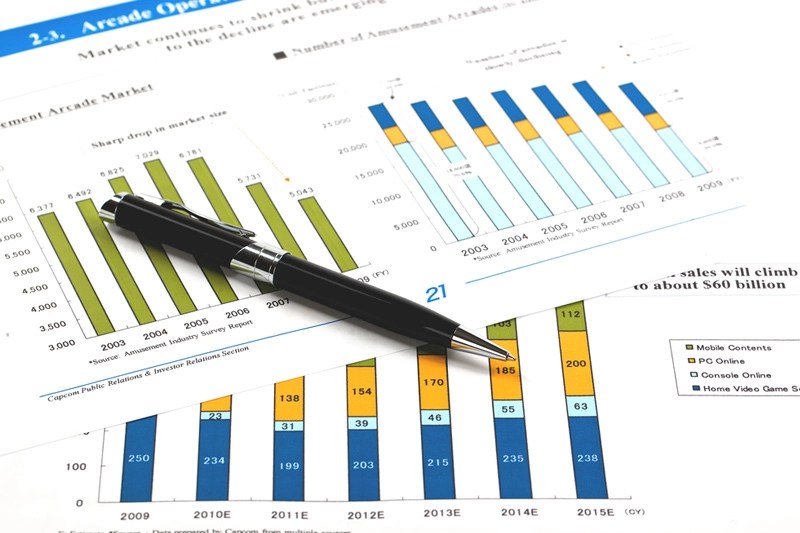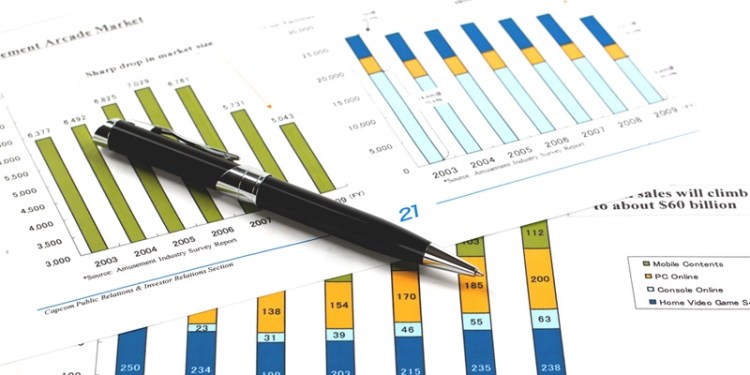
USD/LBP
-1.43%
Add to/Remove from Watchlist
Add to Watchlist
Add Position
Position added successfully to:
Please name your holdings portfolio
Type:
BUY
SELL
Date:
Amount:
Price
Point Value:
Leverage:
1:1
1:10
1:25
1:50
1:100
1:200
1:400
1:500
1:1000
Commission:
Create New Watchlist
Create
Create a new holdings portfolio
Add
Create
+ Add another position
Close
The International Monetary Fund (IMF) renewed its critique of Lebanon on Friday for failing to implement critical economic reforms, warning that this inaction could have long-lasting impacts on the country’s economy. The IMF’s Ernesto Ramirez Rigo, following a visit to Beirut, stated that the lack of effort towards much-needed reforms will continue to weigh on the Lebanese economy for years.
In a statement, Rigo acknowledged some positive steps taken by the new leadership of Banque du Liban, including the phasing out of the Sayrafa exchange rate platform and efforts to halt the depletion of foreign exchange reserves. However, he emphasized that these measures were insufficient and called for comprehensive reforms to enhance the central bank’s governance, accounting practices, and foreign exchange operations in line with international standards.
Despite a seasonal uptick in tourism leading to increased foreign currency inflows, Rigo cautioned against complacency, stating that tourism and remittances alone cannot offset the considerable trade deficit and lack of external financing. He urged Lebanon to implement a coherent fiscal strategy and pointed out the shortcomings of the 2023 budget in terms of timelines, coverage, and accurate reflection of the deficit and associated monetary financing.
Since late 2019, Lebanon has been grappling with an economic crisis described by the World Bank as one of the worst in recent world history. In April 2022, a conditional agreement was reached between Lebanon and the IMF on a $3-billion-dollar loan package to bail out the economy. However, Lebanese politicians have not yet enacted the necessary reforms to initiate this 46-month financing program.
The IMF deal is contingent on several measures, including passing a 2024 budget, unifying Lebanon’s multiple exchange rates, restructuring its banking sector, and implementing formal capital controls. Despite some progress, such as approving a belated 2023 budget, the IMF has repeatedly asserted that these efforts are not enough.
In late June, the IMF warned that Lebanon’s failure to implement reforms could have “irreversible” consequences for its economic and social stability. This situation was further complicated on July 31 when Lebanon’s former central bank chief Riad Salameh left office without a designated successor, leaving first vice-governor Wassim Manssouri in charge on a temporary basis. The country’s divided politicians have yet to agree on a permanent replacement, contributing to the ongoing power vacuum in Lebanon.
This article was generated with the support of AI and reviewed by an editor. For more information see our T&C.
Source: Investing.com




























